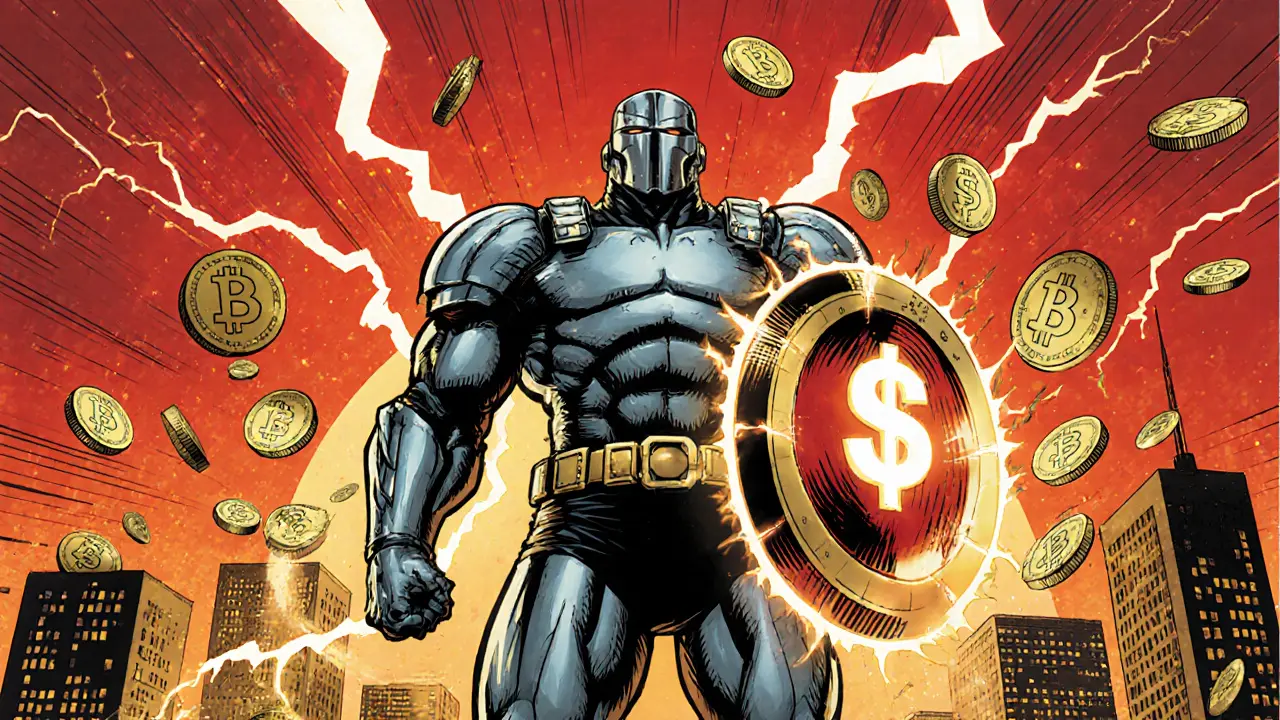When people talk about blockchain money, a digital form of value that moves without banks or middlemen, enabled by decentralized ledgers. Also known as digital currency, it's not just Bitcoin or Ethereum—it's the entire system that lets you send value peer-to-peer, anywhere in the world, with no permission needed. This isn’t theory. It’s what people in Nigeria use to trade when banks block them. It’s what gamers use to earn real income from play-to-earn games. And it’s what scammers try to fake with fake airdrops and dead tokens.
cryptocurrency, a token built on blockchain that acts as money, store of value, or utility access is the most visible part of blockchain money. But behind it are decentralized finance, a system of financial services—lending, trading, earning interest—that runs without banks, using smart contracts instead. That’s why you see projects like Miaswap v3 and ioBanker popping up—they’re trying to replace traditional exchanges with open, permissionless ones. And that’s also why so many fake exchanges like Burency Global show up: they promise DeFi but have zero trading volume and no real users.
Blockchain money doesn’t work in a vacuum. It connects to real-world problems. Like how North Korea steals crypto and turns it into cash through Cambodia hubs. Or how NFT ticketing lets concertgoers own their entry and earn royalties if they resell. It’s why people bypass banking bans using P2P platforms and gift cards. This isn’t about speculation—it’s about control. Who holds your money? Who decides if you can spend it? Blockchain money flips that script.
But here’s the catch: most tokens you hear about are dead on arrival. Battle Hero (BATH)? Zero volume, no team. Shytoshi Kusama (SHY)? A meme pretending to be Shiba Inu. REI token airdrop? Nonexistent. These aren’t failures—they’re warnings. True blockchain money needs utility, liquidity, and transparency. You’ll find both in this collection: real breakdowns of live projects like Elympics (ELP) and Lepasa Polqueen NFTs, and sharp warnings about scams like WSPP and Steakd (SDX). What you’re reading isn’t hype. It’s what happens when you cut through the noise and look at the code, the volume, and the team behind it.

Cryptocurrency won't replace fiat currency in 2025 - but it's pushing governments to make money faster, cheaper, and more digital. Here's why both systems will coexist.